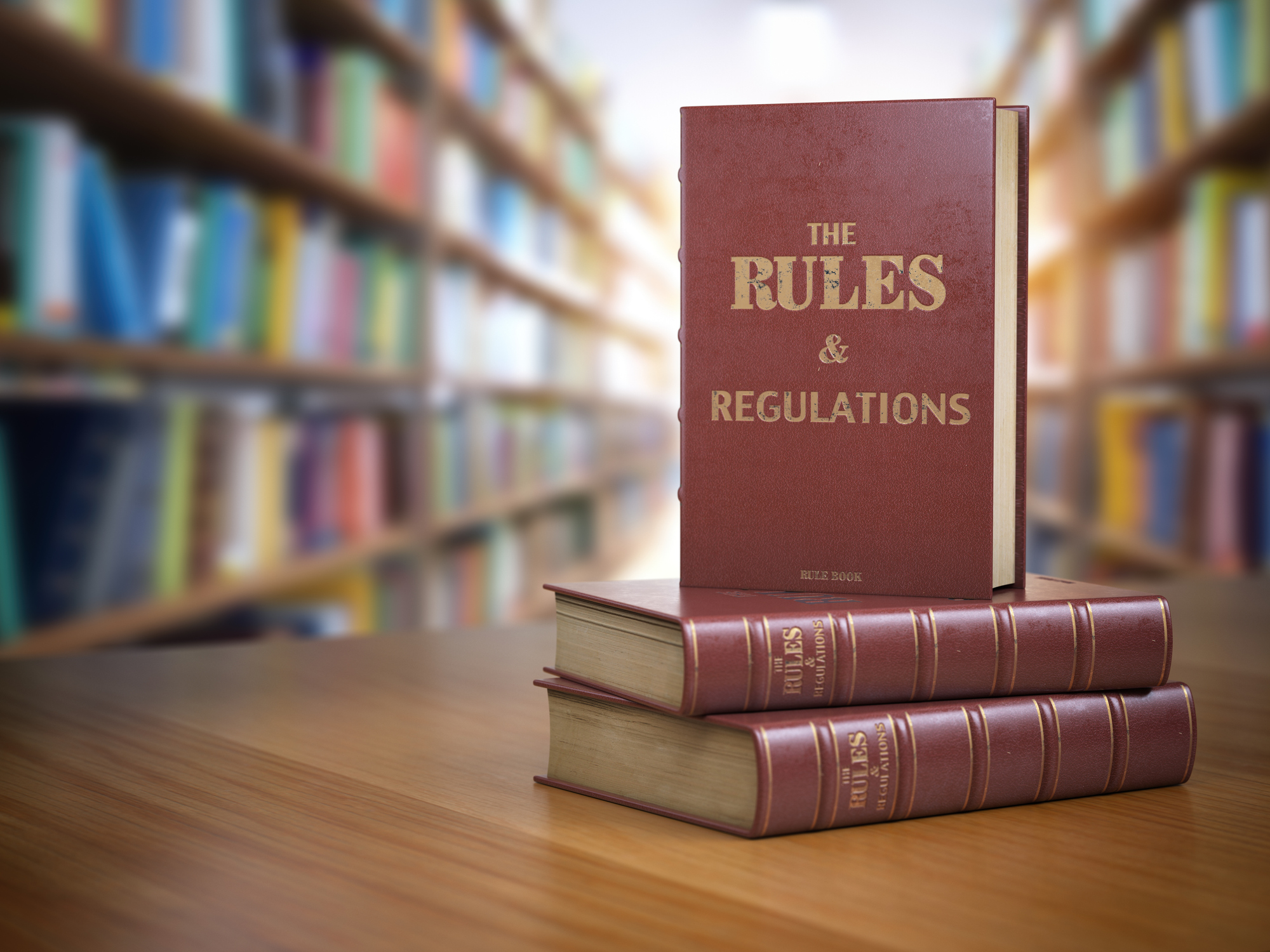
Insurance agent checking policy documents in office.
When parties to a Texas divorce case enter into a mediated settlement agreement (“MSA”) that meets the statutory requirements, the MSA is generally binding and the divorce decree must adopt the agreement. An MSA may not be enforceable, however, if it was procured by fraud or other dishonest means.
A wife recently challenged a divorce decree incorporating an MSA that she asserted was procured by fraud. A divorce decree was issued in Dubai and both parties appealed. The wife subsequently petitioned for divorce and to modify the Dubai court orders in Texas. During discovery in the Texas cases, the husband disclosed one bank account.
The parties signed an MSA that gave the wife half of a retirement account in the husband’s name, $94,000 in cash, and the real and personal property and accounts in her own name or possession. The husband received the other half of the retirement account, real property in Florida, and the real and personal property and accounts in his name or possession. The parties also agreed to cease discovery, except as to issues involving the child.
 Texas Divorce Attorney Blog
Texas Divorce Attorney Blog


 A court may proceed with a Texas divorce case even if a party does not appear for the trial. In some cases, a party who fails to respond to divorce papers or appear at trial may be entitled to a new trial, but they must meet certain requirements. In a recent case, a husband
A court may proceed with a Texas divorce case even if a party does not appear for the trial. In some cases, a party who fails to respond to divorce papers or appear at trial may be entitled to a new trial, but they must meet certain requirements. In a recent case, a husband  Courts must divide community property in a “just and right” manner in Texas divorce cases. The property division does not have to be mathematically equal, but should be equitable to both parties. To achieve a just and right division, the court needs evidence of the value of the assets before it. In a
Courts must divide community property in a “just and right” manner in Texas divorce cases. The property division does not have to be mathematically equal, but should be equitable to both parties. To achieve a just and right division, the court needs evidence of the value of the assets before it. In a  Texas law presumes that property possessed by a spouse during or on dissolution of the marriage is community property. Tex. Fam. Code § 3.003. The presumption can only be rebutted by clear-and-convincing evidence the property is separate. In a
Texas law presumes that property possessed by a spouse during or on dissolution of the marriage is community property. Tex. Fam. Code § 3.003. The presumption can only be rebutted by clear-and-convincing evidence the property is separate. In a  When a couple enters into a Texas pre-marital agreement or post-marital agreement, they may include an arbitration provision in the agreement. Arbitration can be a cost-effective way to resolve disputes, but an arbitration decision often cannot be appealed. In a
When a couple enters into a Texas pre-marital agreement or post-marital agreement, they may include an arbitration provision in the agreement. Arbitration can be a cost-effective way to resolve disputes, but an arbitration decision often cannot be appealed. In a  Failing to respond to a Texas divorce petition can result in a default judgment with an unfavorable property division. What happens, though, if the spouse who received the default judgment fails to take action to enforce the property division for several years? A Texas appeals court recently considered a
Failing to respond to a Texas divorce petition can result in a default judgment with an unfavorable property division. What happens, though, if the spouse who received the default judgment fails to take action to enforce the property division for several years? A Texas appeals court recently considered a A family business can complicate the property division in a Texas divorce. A
A family business can complicate the property division in a Texas divorce. A 
 A trial court that has divided property in a Texas divorce must provide written findings of fact and conclusions of law, including how it characterized and valued the assets and liabilities, if a party properly requests them. In a
A trial court that has divided property in a Texas divorce must provide written findings of fact and conclusions of law, including how it characterized and valued the assets and liabilities, if a party properly requests them. In a